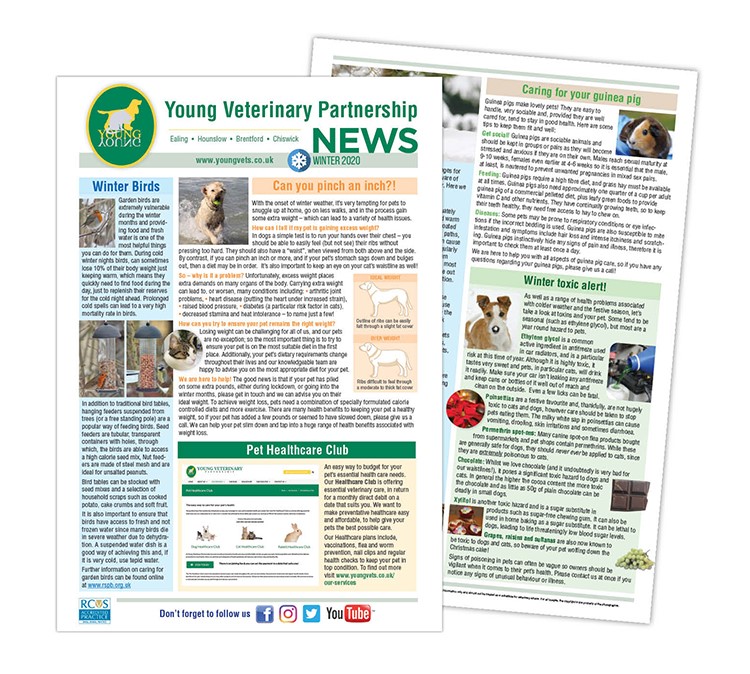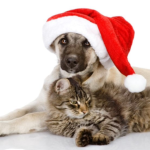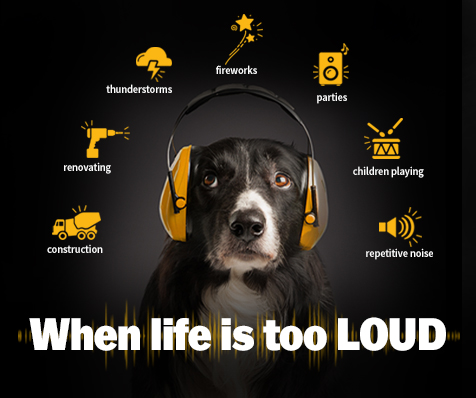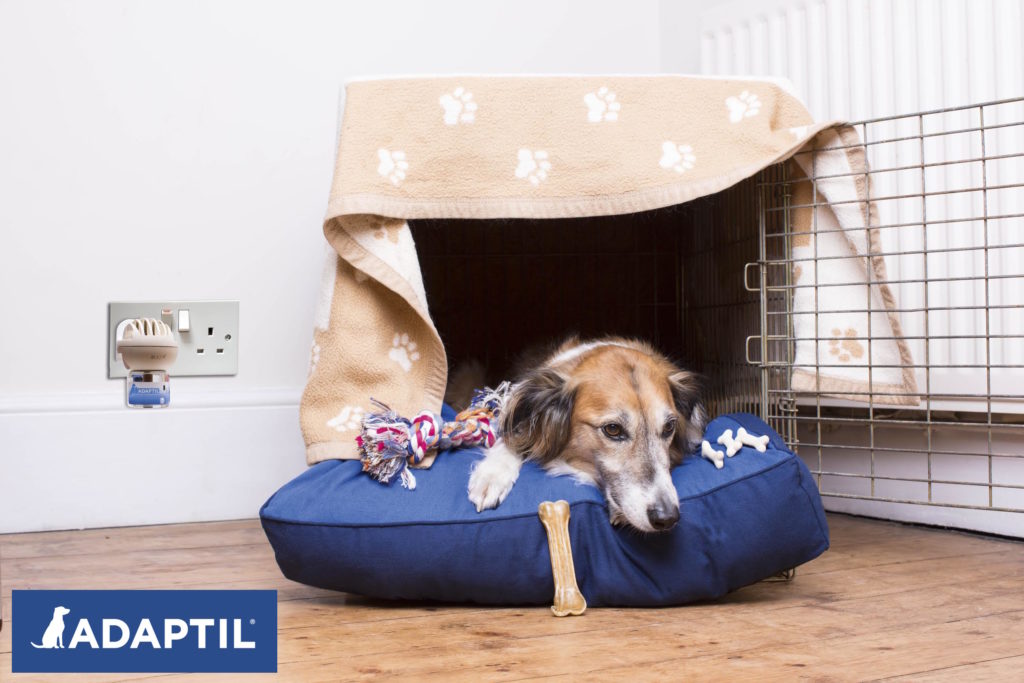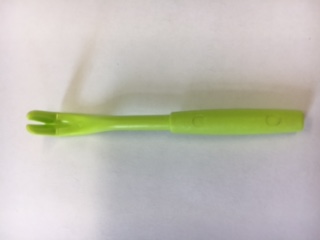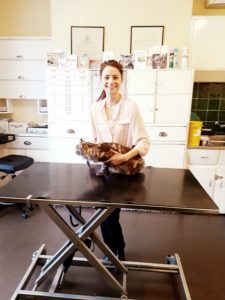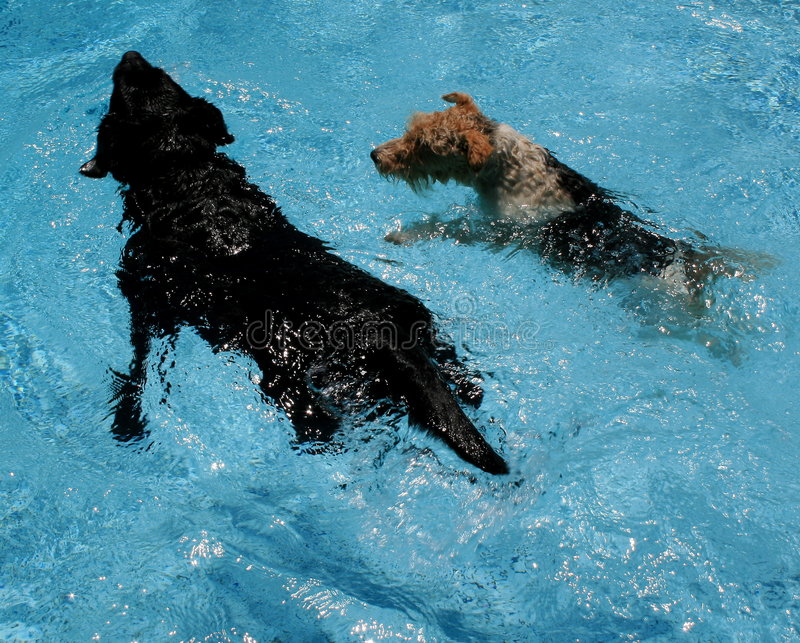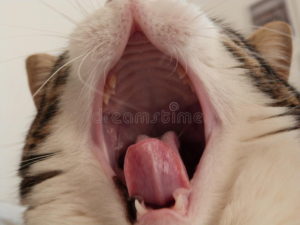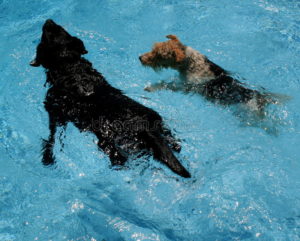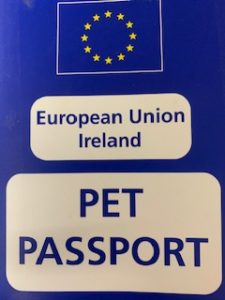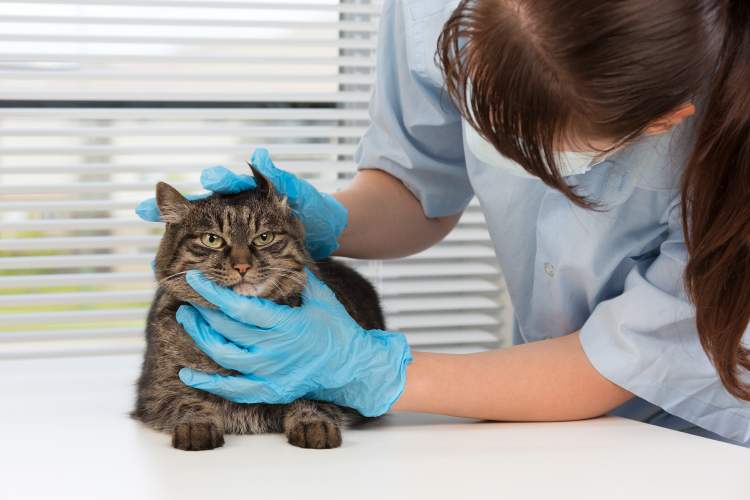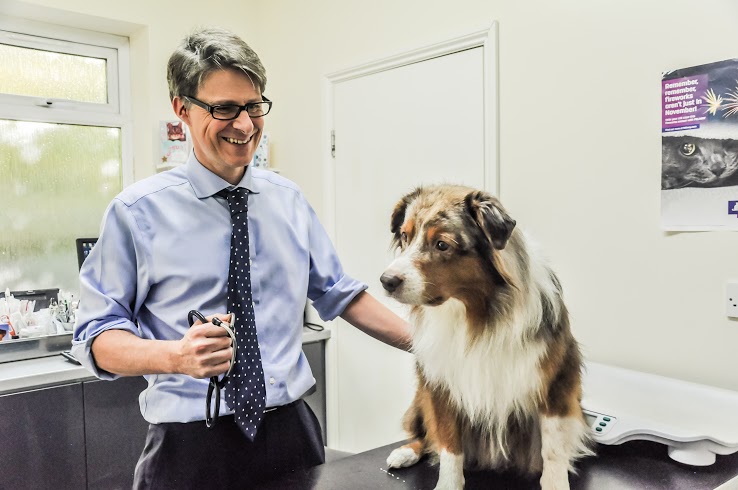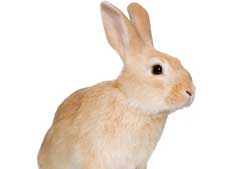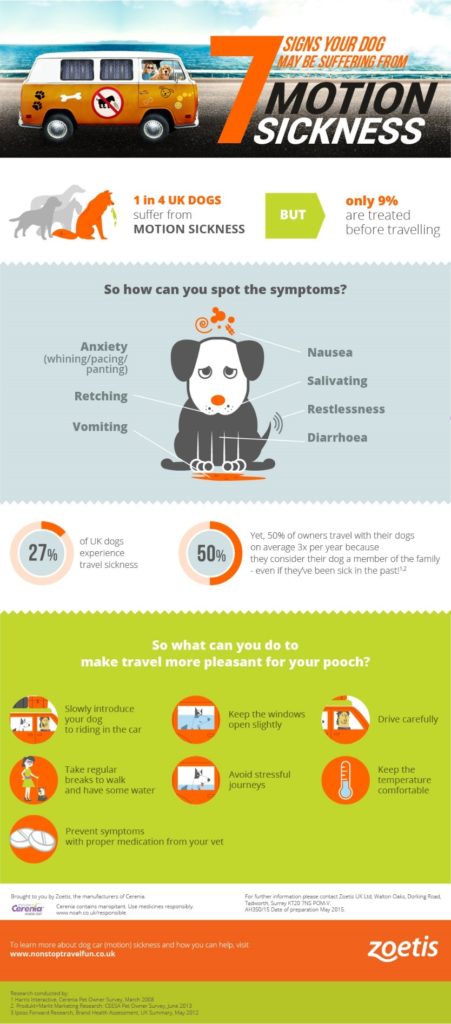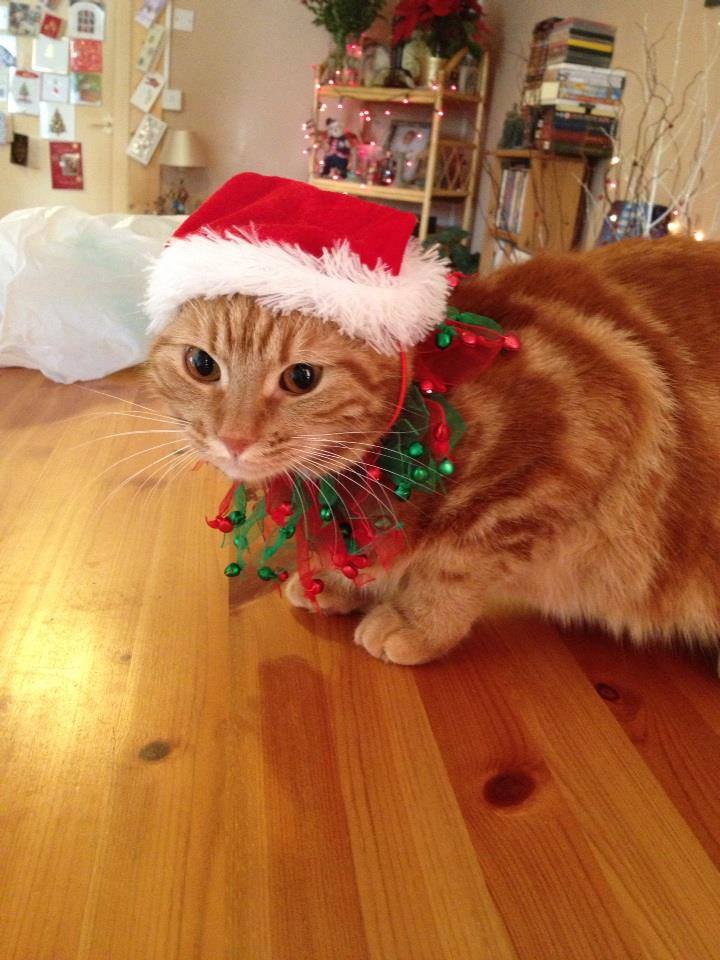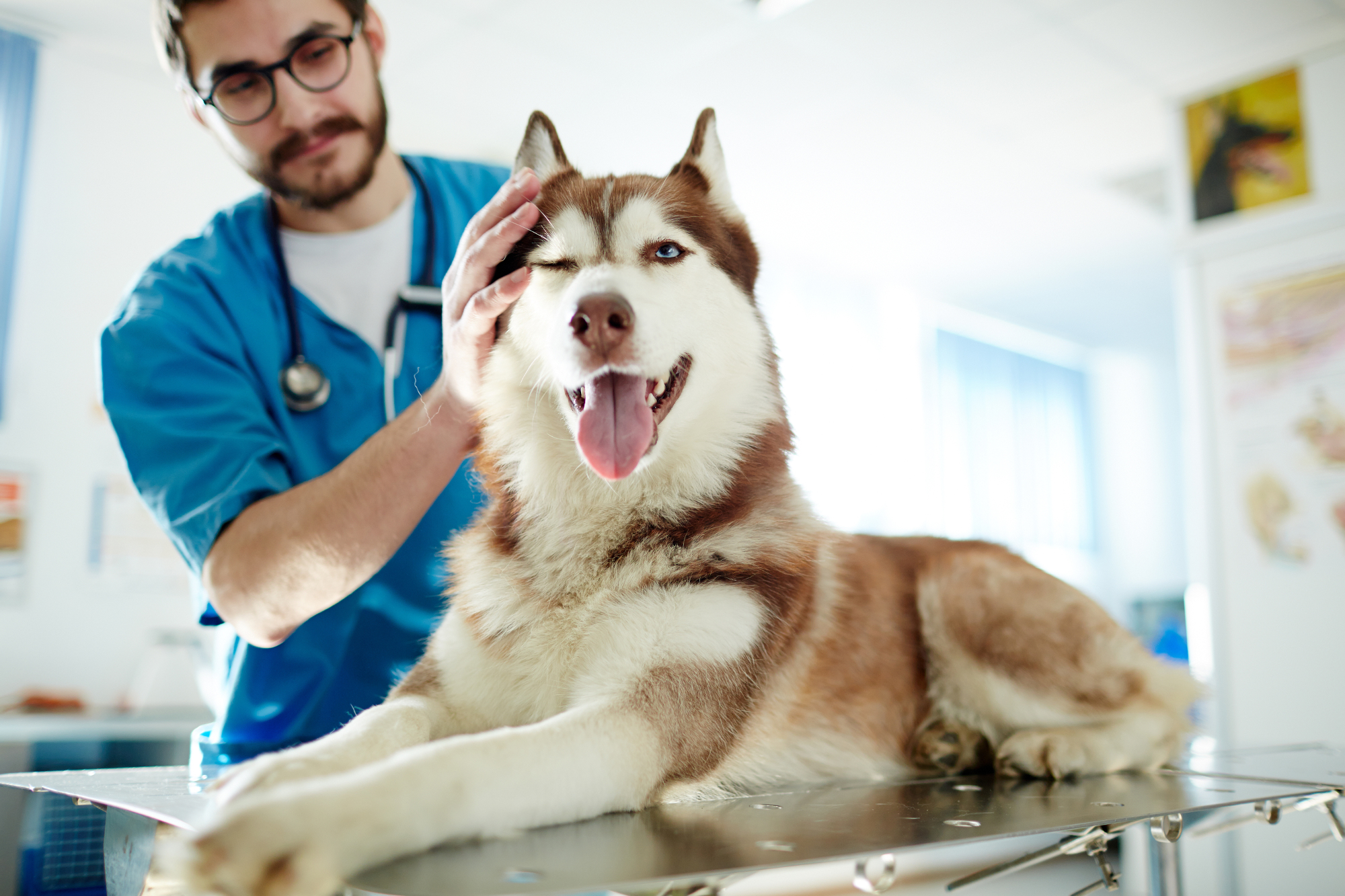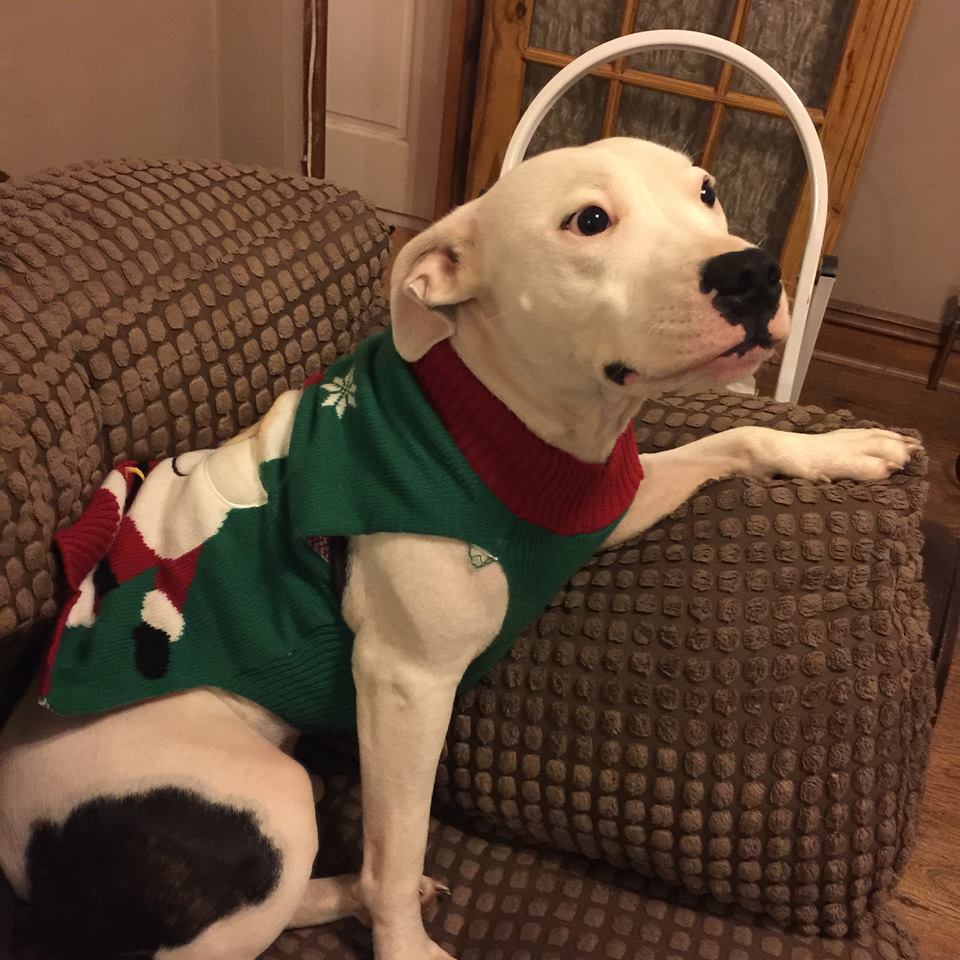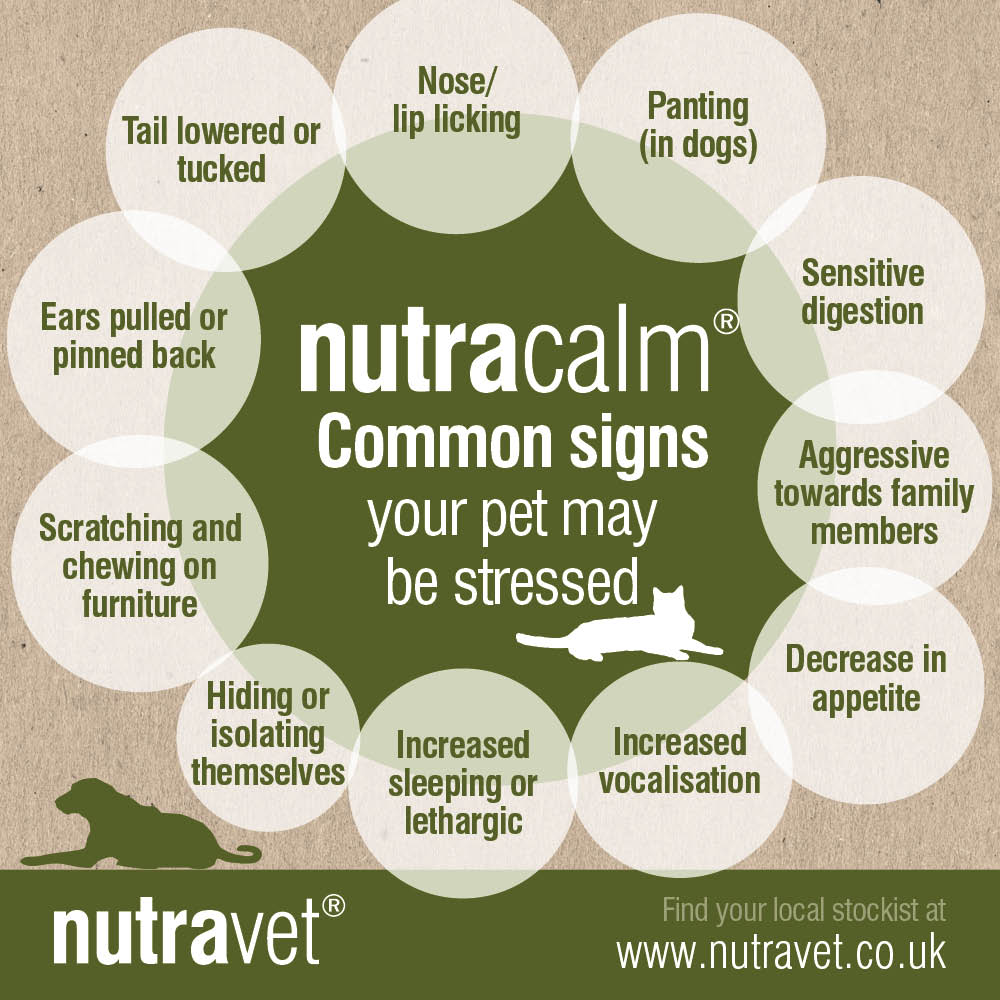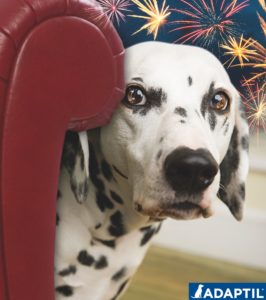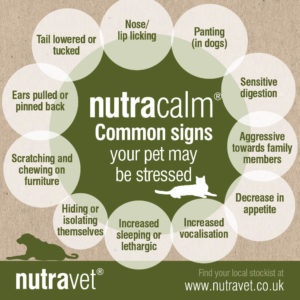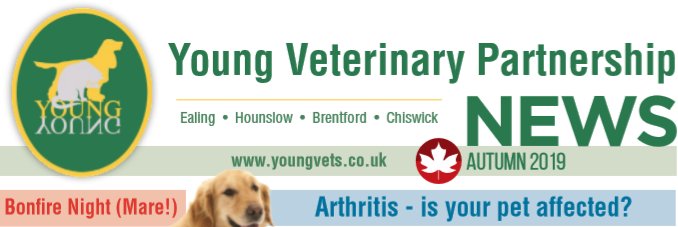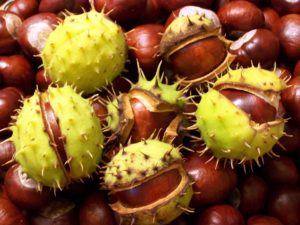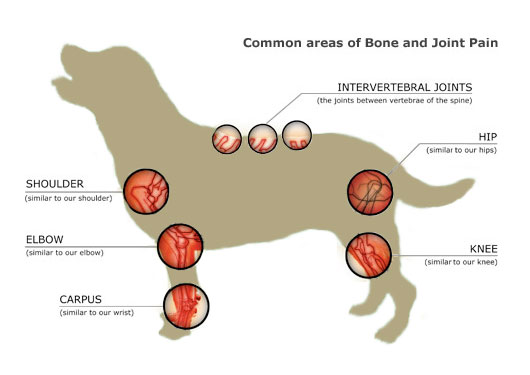Traveling With Dogs – 5 Things Your Dog Needs To Be A Good Traveller
Traveling With Dogs – 5 Things Your Dog Needs To Be A Good Traveller
With the obvious exception of biscuits and falling asleep by the fire, there aren’t many things that dogs love more than exploring somewhere new. And with the continuing surge of hotels that welcome four-legged travellers, there’s a whole world of discovery out there for both of you. But first, you need to transform your dog into the perfect traveller so traveling with dogs becomes easy to handle.
Here’s a quick guide to some of the areas you will need to cover
1. Crate comfortable
If your pup is hitching a ride in your car, the safest way of traveling with dogs is with a crate. And if you harbour any ambitions about traveling with dogs abroad, a crate is essential if you are flying. Some think crating is cruel – but dogs don’t mind. As long as they are used to it. You can’t just spring a crate on a dog and expect them to be okay with it straight away.
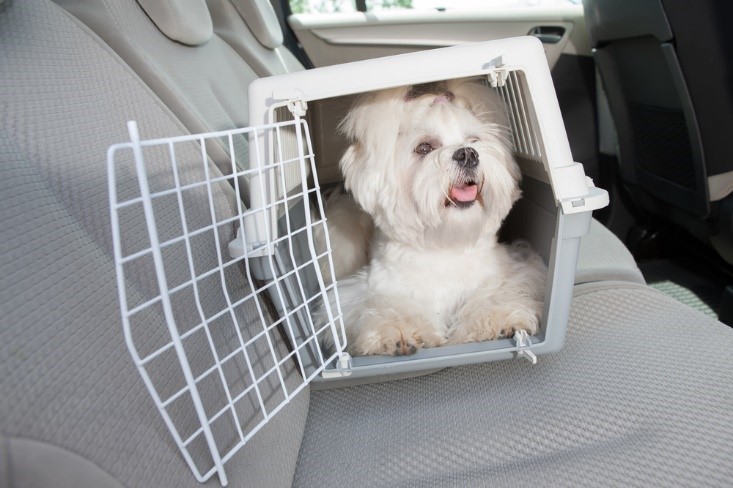
Prep should start a few weeks before you intend on traveling with dogs. Get your dog used to the crate and let them walk in and out as they please. Make sure there’s a nice cosy blanket in there and some toys. Start things off by leaving the crate in the area they would usually choose to snooze. Toss in a toy or treat to entice them to go in on their own. Then progress to shutting them in the crate for just a few minutes at a time – and gradually increase the amount of time they are inside, always praising them with treats for good behaviour.
2. Doing the do on demand
Yes, it’s possible. It just takes a bit of training. And when your dog is able to answer any calls of nature on demand, your travel is less disrupted and it cuts the risk of any embarrassing hotel incidents. Find out how here.
3. Greet and treat strangers well
What’s your dog like with strangers? What about when you aren’t there? If you are traveling with dogs by air or sea, there’s a good chance you’ll have to part company for the journey. You need to know that your pooch will behave with airline or ferry staff. Any incidents and you’ll be back home before your adventure has even begun. Now where’s the fun in that?
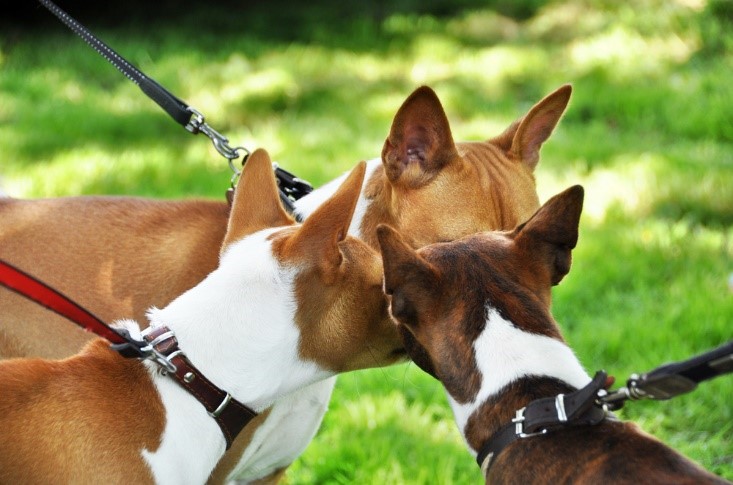
4. A dog that never loses its call
Ah, the freedom of the great outdoors. Beautiful, isn’t it? The trouble is, an unfamiliar environment can wreak havoc on your pup’s obedience. Okay, they might come when you call them in your garden or at your local park. But what about when you are in a forest and your pooch sees a hedgehog for the first time? Or goes haring off after a squirrel? The aim is for your dog to come when called – first time, every time. Otherwise it’s safer to keep them on the lead or longline.
5. No funny tummies
Just like humans, doggies can get travel sick. In fact around 27% of dogs are affected. Symptoms include restlessness, anxiety, and excess salivation, and the ultimate unfortunate car incident, vomiting. Thankfully there’s no need to change your travel plans. If you suspect your pup suffers with travel sickness, it can be remedied with simple medication. Book an appointment with your vet.
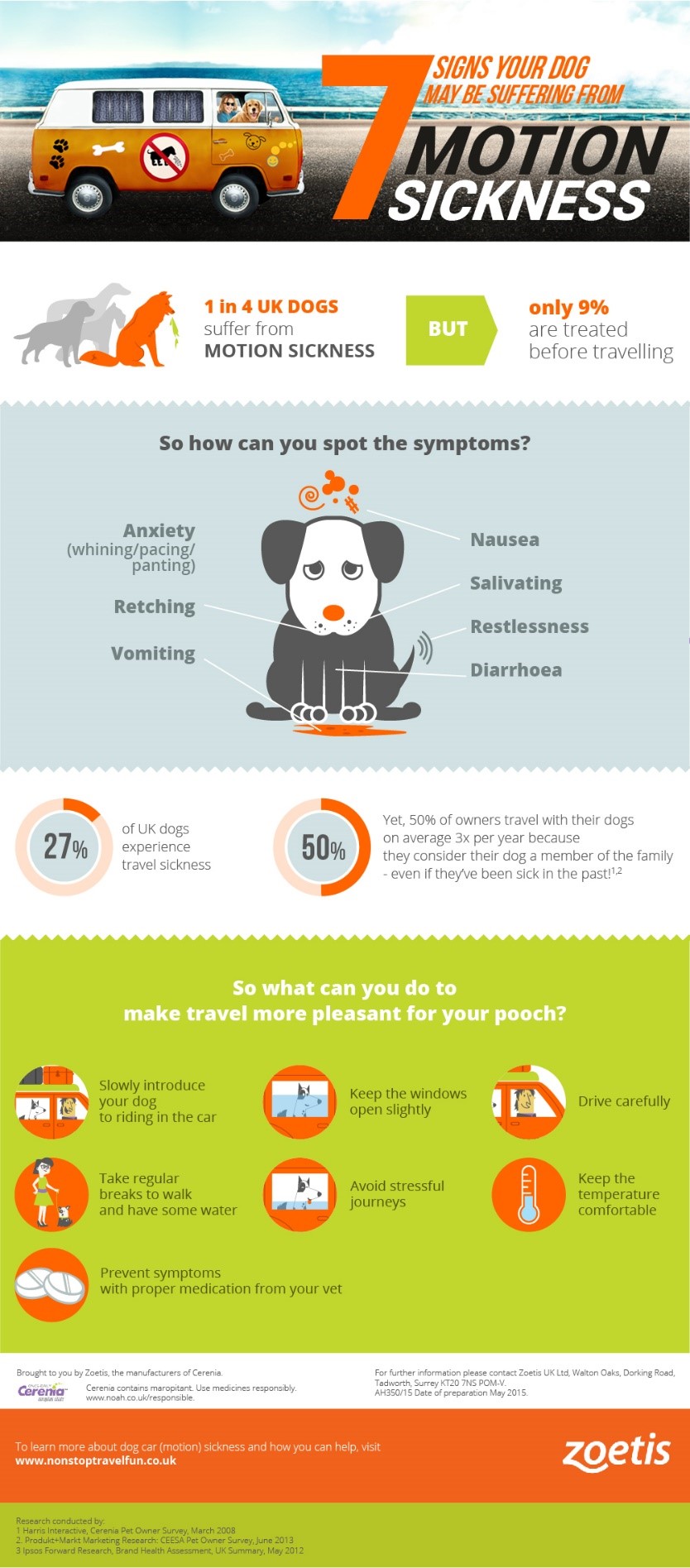
With a bit of preparation and good training, you can turn any dog into the perfect travel companion. A furry sidekick for your worldly wanders. Whether you are staying in the UK or venturing further, there’s never been a better time for traveling with dogs. Which leaves only one question: what are you waiting for?
Blog supplied by Zoetis.


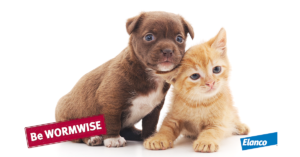
 area – looking for a vet to help you care for your pet? Register with our team today and visit a vet who is passionate about your pet.
area – looking for a vet to help you care for your pet? Register with our team today and visit a vet who is passionate about your pet.


